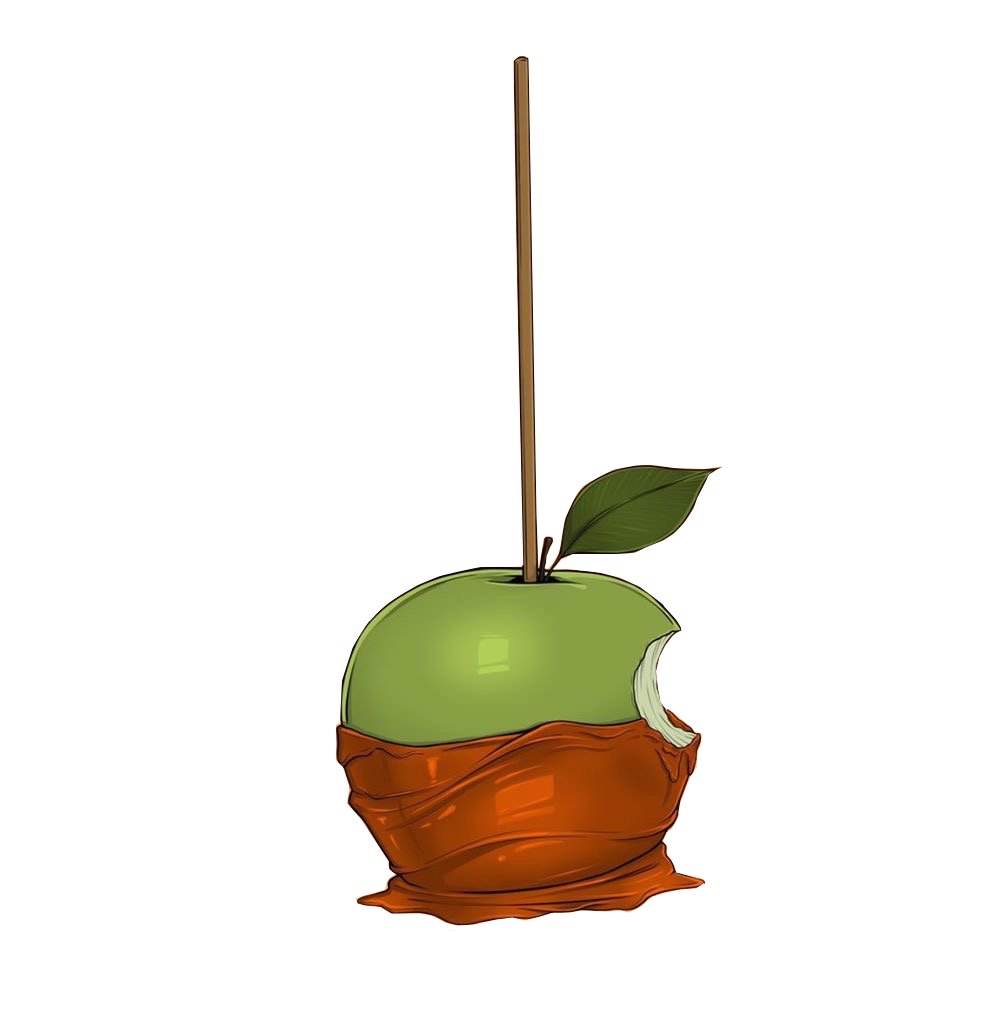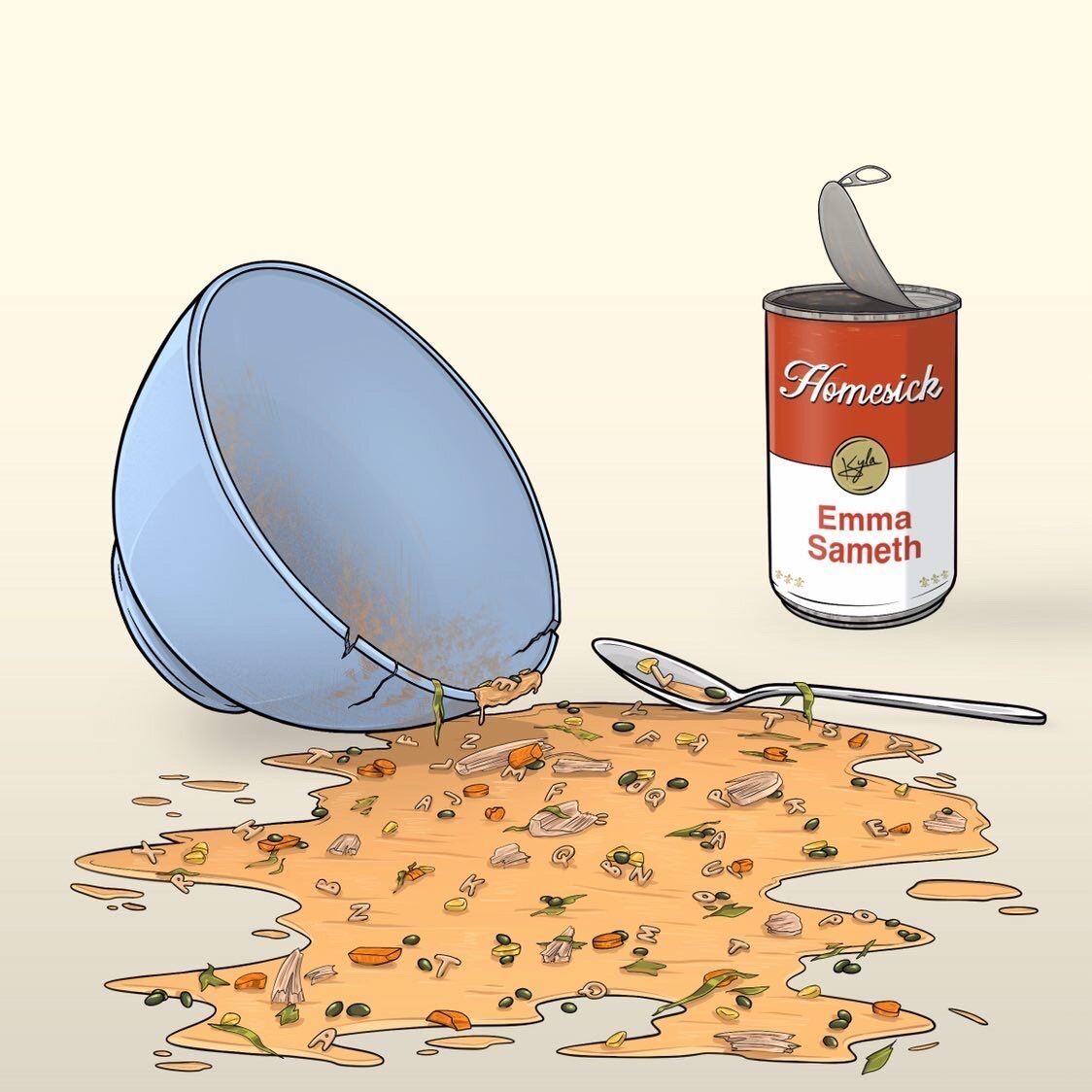
My Story
Hi, I’m Emma Sameth. When I was 8, I wanted to be a pop star. I hadn’t the slightest idea what that meant, but my imagination was fed by an early 2000s stardom soup; a brew of Britney Spears’ good girl emancipation turned Toxic, American Idol pipe dreams, and Lizzie Mcguire’s Roman escapades as a pseudo-idol. I would curl up in the corner of my couch, as desperately dedicated to my “craft” as a 3rd grader could be, and get to writing my first pop song. “What are you writing, Emmie?” my mom asked once. I sunk into the fabric, wishing it was a waterbed to swallow me whole. This would remain a secret, deep-down dream, I decided, for “artistic” purposes. But also out of shame that for all the trying and artistic anguish, the only pop-y phrase I could muster was “I love you”. Original material pending, it didn’t matter—I would be known.
I’m 27 now, and I’m confident that 8-year-old Emma would be more than satisfied—proud, even. Through the ups and downs of my teens and early adulthood, I’ve managed to make music and creativity my life. I have more than 100 million streams and views across Spotify and Youtube, a verified Instagram account, a writing contract from a Hollywood music label, and daily DMs from fans all across the world encouraging me with unabashed enthusiasm. In the dilated eyes of the internet, for strangers who look me up, I am known.
And this is where my fraught relationship with social media was sprinkled, sprouted, and bloomed. Technology undoubtedly has and will continue to feed and inspire creativity, collaboration, relationships, business, and leisure to heights unimaginable. That’s what’s so great about it! The potential is potent. And while I’ve benefited greatly from its offerings, my social media use simultaneously began to convince me, with its vanity metrics, follower counts, “like” hierarchies, constant comparisons of me vs. millions of strangers, chronic rejection, and endless quests for validation, that I’m only worthy with it, and worthless without it. The more I ate it all up, the more malnourished I became. Protein for the toothless, oxygen for the deveined.
This site is titled “Tech Nutrition”, not because there’s boundless potential in the realm of food metaphors and puns that would charm even the most jaded Hallmark executive—I only wish it were that simple. Rather, our gadgets are the new grocery stores. Technology and each user’s decision on how to consume media has become as intimate and individualized as one’s choice of how to best power their body and mind through daily nourishment (or not). Junk food, junk values. Fast food, fast media. The way tech is marketed also holds eerie similarities to that of the junk food industry. A quick sugar high with no side effects, perhaps. Popular with the “kids”, and advertised as a social connective thread for families, friends, and foes alike. We’ve developed both healthy and harmful habits in our data diets. Physically and mentally attached, our phones are a fifth limb—we’re anxious in their absence and comforted by their presence. And our feeds can both energize and jeopardize our health, a thin line to walk. With our social media accelerating at light speed, my current goal is maintaining my own agency when it comes to the data I digest. It’s extremely easy to get swayed by the sweet stuff, the frothy metrics, and the sticky YouTube rabbit holes. Sugar now and again is welcomed—excess is the issue.
Social media is the new shiny treat, and in our heart-eyed honeymoon phase it seems fussy, even alarmist to cast blame on a system that has expanded our lives so deeply. For this very reason, I find it necessary (as other tech critics would agree) to establish a common vocabulary, a frame of reference to understand these new issues. With a familiar framework, we can problem solve and avoid falling into marketing mind tricks. We need a holistic approach, looking at tech as a whole and not just for the sparkly parts. Current designs promote only one data diet: overuse. Tech Nutrition is an alternative.
The numbers, the statistics, and the badges of honor that paint and dictate a creative’s portfolio in today’s age of virality are nothing new. As a musician, I knew what I was signing up for. However, social media has taken these characteristics of the industry a dangerous step further. There is now an overwhelming reliance on social media to dictate how we see ourselves, and how we effectively treat other people. This issue extends infinitely wider than just the professional creative sphere. Online identity has become the social scale through which children and adults alike learn to weigh their worth. My statistical standings had become my work, my art, my life, my American Idol. And I can promise you this: the views were never enough.
Though I am currently advocating for an individualized approach to tech consumption (steps to take in DIY), for lasting change I believe it is necessary for an eventual reworking of the business model regarding how these platforms operate. Silicon Valley has discovered the secret sauce, the sticky advertising model which promises free content in exchange for surveillance-like, targeted data mining and subsequent manipulation. After all, “free is the most expensive business model we've ever created”, says Tristan Harris of the Center for Humane Technology. Economically, this business model works really well. But when it comes to mental health, we’ve cashed in our craniums for an empty promise of status. Because of this, we need to economically incentivize big tech to alter their business models—a huge undertaking. What I hope is to encourage agency among tech users, prompting people to pause and identify first what best enhances their feelings of self-worth, independence, and authenticity. Importantly, the kind that isn’t tied to follower counts, virality, heart-eyes, and flower crown filters. Our intimate understanding of how we’re hooked becomes our agency—we’re far from powerless. Our data is at the heart of their business model. We remove that, and the pumping stops.
With a gadget that might as well be stitched into my side, it’s hard to remember a time without tech. 8-year-old Emma may have had narcissistic reasons for reaching for pop stardom, but at least that was her decision, unswayed by stevia-sweet whisperings of influence from “likes”, followers, trolls, and algorithms alike. My hope is that those who have been struggling with similar issues find my writings helpful in whatever tech update they decide to take, or not take. More than anything, I started this site in hopes of better understanding my own relationship with tech, to avoid getting devoured by its design, and to rediscover it for its highest, most helpful ingredients.
Dip In
The Latest Tech News from Psychology, Politics, Sociology, etc.
Big Apple, Baby Steps
Take the first one and sign up with your email address to receive news and updates.









